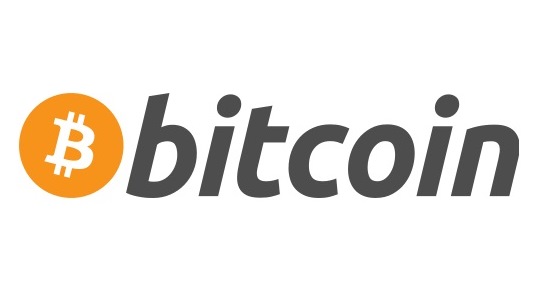Bitcoin should not be considered a currency at all, at least by the standards by which traditional currencies are measured. New research on the matter should hurt Bitcoin’s efforts to be treated as a viable means of exchange for products and services, the debate over which has caused wild fluctuations in its value.
According to a new research report from the National Bureau of Economic Research (NBER) written by David Yermack:
Motivated by Bitcoin’s rapid appreciation in recent weeks, I examine its historical trading behavior to see whether it behaves like a traditional sovereign currency. Bitcoin has exchange rate volatility an order of magnitude higher than the volatilities of widely used currencies, undermining Bitcoin’s usefulness as a unit of account or a store of value. Bitcoin’s daily exchange rates exhibit virtually zero correlation with bona fide currencies, making Bitcoin useless for risk management purposes and exceedingly difficult for its owners to hedge. Bitcoin also lacks access to a banking system with deposit insurance, and it is not used to denominate consumer credit or loan contracts. Bitcoin appears to behave more like a speculative investment than like a currency.
Essentially, use of Bitcoin as a currency is as risky as many forms of gambling.
Even Bitcoin’s own descriptions of its characteristics affirm the NBER analysis. Part of the description of the currency at the Bitcoin site:
The price of a bitcoin can unpredictably increase or decrease over a short period of time due to its young economy, novel nature, and sometimes illiquid markets. Consequently, keeping your savings with Bitcoin is not recommended at this point. Bitcoin should be seen like a high risk asset, and you should never store money that you cannot afford to lose with Bitcoin. If you receive payments with Bitcoin, many service providers can convert them to your local currency
And:
A Bitcoin transaction is usually deployed within a few seconds and begins to be confirmed in the following 10 minutes. During that time, a transaction can be considered authentic but still reversible. Dishonest users could try to cheat. If you can’t wait for a confirmation, asking for a small transaction fee or using a detection system for unsafe transactions can increase security. For larger amounts like 1000 US$, it makes sense to wait for 6 confirmations or more. Each confirmation exponentially decreases the risk of a reversed transaction.
As the debate about the future of Bitcoin goes on, the government and Bitcoin itself apparently agree about something. Bitcoin is really not a currency at all.
100 Million Americans Are Missing This Crucial Retirement Tool
The thought of burdening your family with a financial disaster is most Americans’ nightmare. However, recent studies show that over 100 million Americans still don’t have proper life insurance in the event they pass away.
Life insurance can bring peace of mind – ensuring your loved ones are safeguarded against unforeseen expenses and debts. With premiums often lower than expected and a variety of plans tailored to different life stages and health conditions, securing a policy is more accessible than ever.
A quick, no-obligation quote can provide valuable insight into what’s available and what might best suit your family’s needs. Life insurance is a simple step you can take today to help secure peace of mind for your loved ones tomorrow.
Click here to learn how to get a quote in just a few minutes.
Thank you for reading! Have some feedback for us?
Contact the 24/7 Wall St. editorial team.



